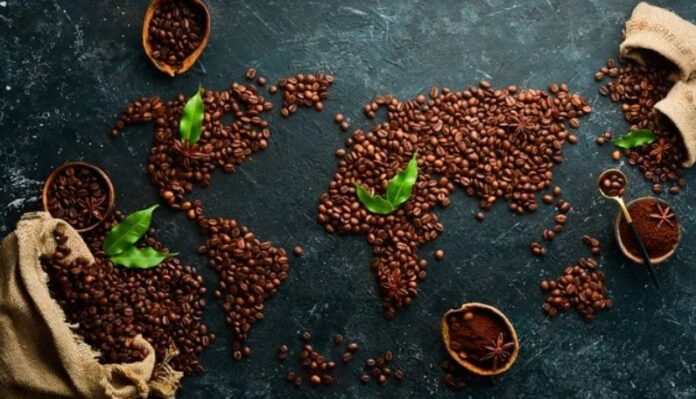Coffee, the bittersweet beverage that awakens senses and soothes souls, hails from all around the globe but it’s particularly prevalent within the Bean Belt, an area comprised of roughly 70 equatorial countries in Central and South America, Central Africa, India, and Southeast Asia. However, South America’s largest nation reigns supreme.
Brazil, with its sprawling landscapes and vibrant culture, has deservingly earned its status as the coffee capital of the world. This prestigious ranking is the result of a combination of factors that position Brazil as the planet’s dominant coffee producer, namely its geography, climate, rich history, and devotion to innovation.
For starters, Brazil possesses an expansive landmass that accommodates diverse ecosystems, making it ideal for cultivating a variety of coffee beans . Characterized by assorted climates and altitudes, the terrain provides the optimal conditions for growing multiple types of coffee.
The two primary coffee varieties cultivated in Brazil are arabica and robusta, with the former being particularly esteemed for its nuanced flavors. Minas Gerais and Bahia are renowned for harvesting arabica beans, which contribute significantly to Brazil’s coffee supremacy, while Rondonia is a hub for robusta.
The tropical climate yields warm temperatures and abundant rainfall, creating an environment conducive to the rapid growth of coffee plants. The steady weather patterns allow for year-round harvest, ensuring a continuous, reliable supply.













